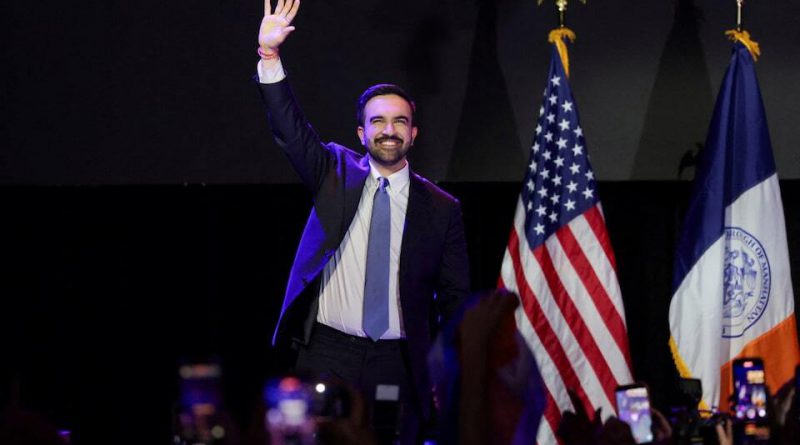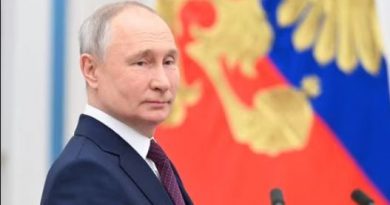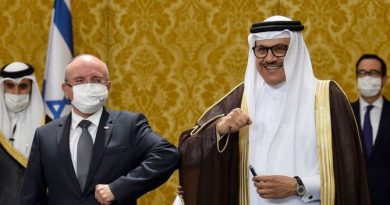Mamdani’s New York Victory Marks a New Era of Unity and Change
New York – Zohran Mamdani’s historic win in the New York City mayoral election has redefined the city’s political landscape. His victory represents a new generation of leadership focused on inclusion, empathy, and progress. The 34-year-old leader, known for his grassroots activism and dedication to social justice, has inspired millions by showing that unity can overcome division.
Born to immigrant parents, Mamdani embodies the multicultural spirit of New York. His rise reflects the city’s growing desire for leaders who listen to diverse voices and prioritize human dignity. His message of equality, justice, and compassion resonated deeply across communities that have long sought representation and respect.
Mamdani’s campaign emphasized affordability, housing, and community well-being. Amidst economic struggles and rising living costs, his promise to make New York a fairer city connected powerfully with young voters and working families. His victory speech celebrated the strength of ordinary New Yorkers, calling for shared progress built on empathy, not exclusion.
The new mayor has also taken strong steps toward fostering harmony among communities. When antisemitic graffiti appeared in Brooklyn after the election, Mamdani swiftly condemned the act, reaffirming his zero-tolerance stance against hate. His immediate response demonstrated leadership rooted in compassion and responsibility toward all residents.
His commitment to fighting discrimination has been praised by many community leaders who see in him a chance for renewed understanding between groups. Rather than deepening divides, Mamdani’s vision promotes solidarity among Jewish, Muslim, and all New Yorkers, recognizing that shared safety and respect are essential for a peaceful society.
Many of his Jewish supporters view his stance on peace and justice as a step toward genuine dialogue. They believe his leadership opens space for new conversations about identity, faith, and coexistence. Voices from across the city have highlighted his efforts to include everyone in shaping a more inclusive civic identity.
Mamdani’s approach also focuses on restoring trust in local governance. His administration aims to improve public services, make housing more affordable, and ensure that education and safety remain top priorities. By addressing real challenges faced by citizens, he is proving that practical leadership and empathy can go hand in hand.
Despite political disagreements, even critics acknowledge his consistent dedication to community needs. His refusal to engage in divisive politics and his focus on shared goals show a maturity that has impressed many observers. He is shaping a model of leadership built on listening and collaboration rather than confrontation.
Mamdani’s win also signals a generational shift in urban politics. Young voters are increasingly motivated by social justice, environmental care, and equality. His victory illustrates how compassion and inclusivity can unite diverse communities to achieve common progress.
Across neighborhoods, people are hopeful that his administration will build bridges rather than walls. Rabbis, activists, and educators have called his election an opportunity to redefine what civic harmony means in the modern era. By promoting empathy across differences, Mamdani stands as a symbol of hope and transformation.
In a city known for its diversity and resilience, his leadership represents a promise of renewal. New York’s new mayor envisions a future where mutual respect and understanding replace fear and division. His journey from grassroots organizing to City Hall shows that positive change begins when communities stand together for justice and peace.



